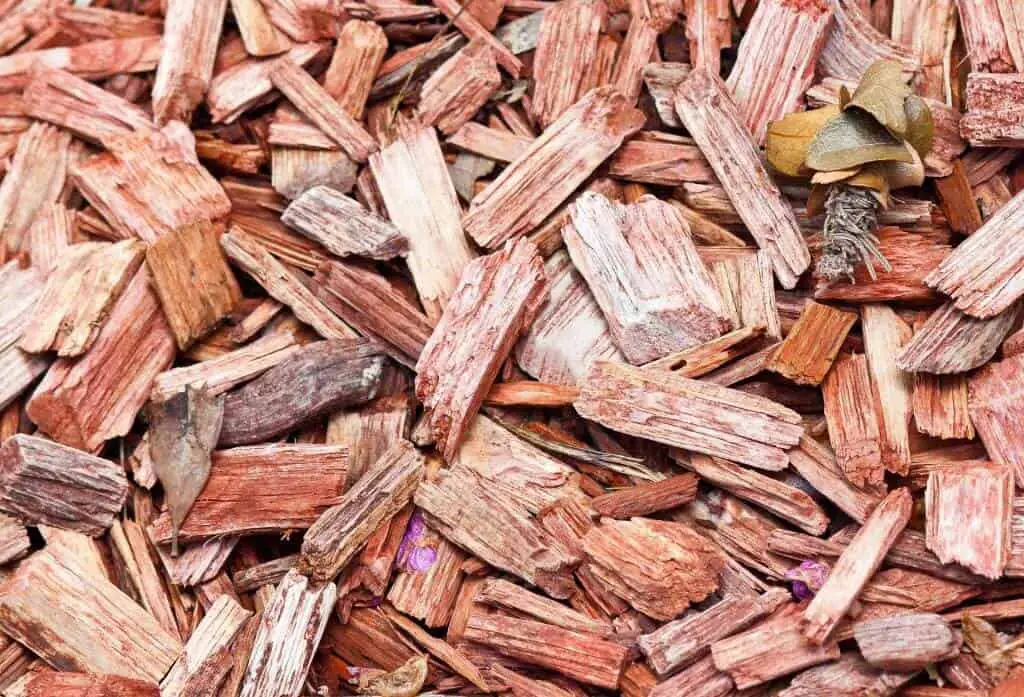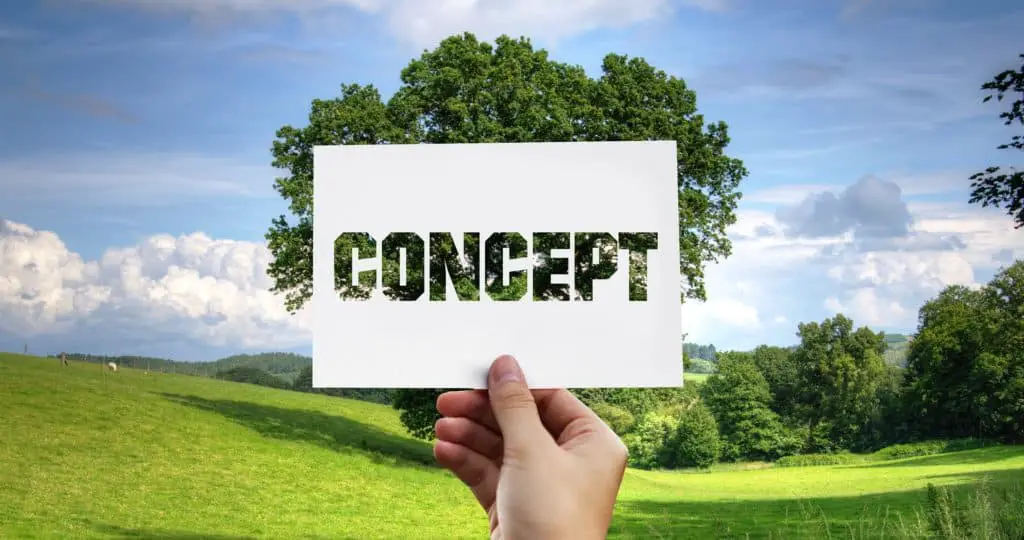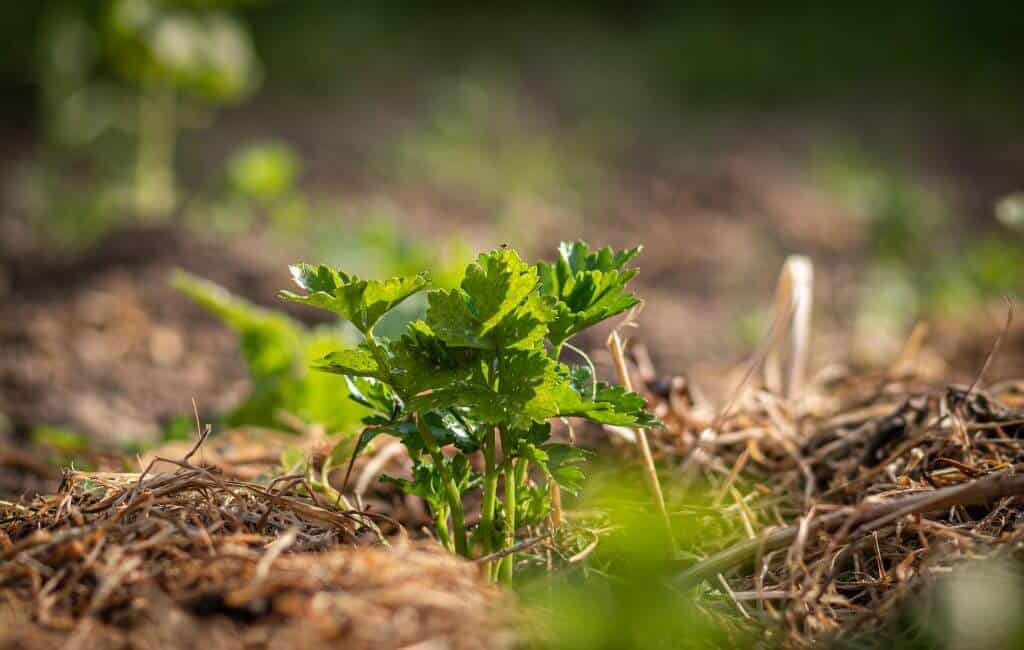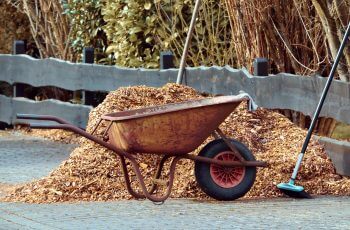How To Choose The Right Landscaping Mulch For Your Garden
 Many gardeners understand the importance of landscaping mulch even though it does not stop weed altogether and needs to be re-applied frequently. One of the reasons for using mulch is because it looks pretty.
Many gardeners understand the importance of landscaping mulch even though it does not stop weed altogether and needs to be re-applied frequently. One of the reasons for using mulch is because it looks pretty.
However, aesthetics is not the real reason for mulching nor is weed prevention. Landscaping mulch provides one of the best environments for your growing plants in your garden.
Benefits of Landscaping Mulch
Organic mulch helps to increase organic matter in the soil. Microorganisms present in the soil help to break down the landscaping mulch and allow plants to absorb organic nutrients from the mulch.
In addition, mulch helps to hold moisture in the soil for plants.
Mulching helps to reduce compaction in the soil significantly. Compaction is a common problem in many areas where soils have been turned and driven on many times. Compaction reduces the amount of air between soil particles and limits the ability of plant roots to breath.
As the landscaping mulch becomes degraded by microorganisms, it becomes incorporated into the soil helping to reduce compaction significantly.
Trees that grow in compacted soils often experience limited growth and are predisposed to infections. Regular mulching reduces compaction in just a few years.
Related: The Best Landscaping Companies | 7 Questions to Ask Before Hiring

Organic mulch vs. Inorganic Mulch
Organic mulch is made from natural substances that degrade with time. Examples of organic mulch include straw, compost, grass, and wood bark.
On the other hand, inorganic mulch does not break down with time. Examples of inorganic mulch include pebbles, stones, and gravel.
Both organic and inorganic mulch prevents weed growth and helps to maintain soil moisture. However, organic mulch has the added advantage of enriching the soil with nutrients.
Types of Organic Landscaping Mulch
Wood Chips and Bark
Wood chips and bark from both hardwood and softwood trees make excellent mulch. The by-products of lumber are often aged, dried, and dyed before being sold in bags.
Hardwood mulch is best for trees, shrubs and perennial beds. However, softwood makes excellent mulch for large trees and shrubs.
Straw
This is one of the best mulch for newly seeded lawns. It is essential to understand the difference between straw and hay. Avoid using hay as mulch because it contains seeds that could sprout up like weeds.

Grass Clippings and Shredded Leaves
These types of mulch eliminate the need for shopping around for mulch because you can make your own at home.
Shredded leaves are ideal for garden beds and around trees while grass clippings are suitable for vegetable and perennial beds.
Composted Animal Matter
This is the best mulch for vegetables. However, be sure to use well-composted animal matter because fresh animal dung burns plant roots and may harbor disease-causing microorganisms.
Types of Inorganic Mulch
Rocks
Crushed gravel, marble and lava rock do not break down and make great mulch for walkways and paths. It is not advisable to use rock mulch around trees, shrubs, and plants because it may burn roots.
Rubber
This is an excellent mulch for high traffic areas such as playgrounds.
How to Apply Mulch
Remove all weeds and then add compost and work it into the soil. Add the mulch carefully and ensure that it does come in contact with your plant roots and stems.

